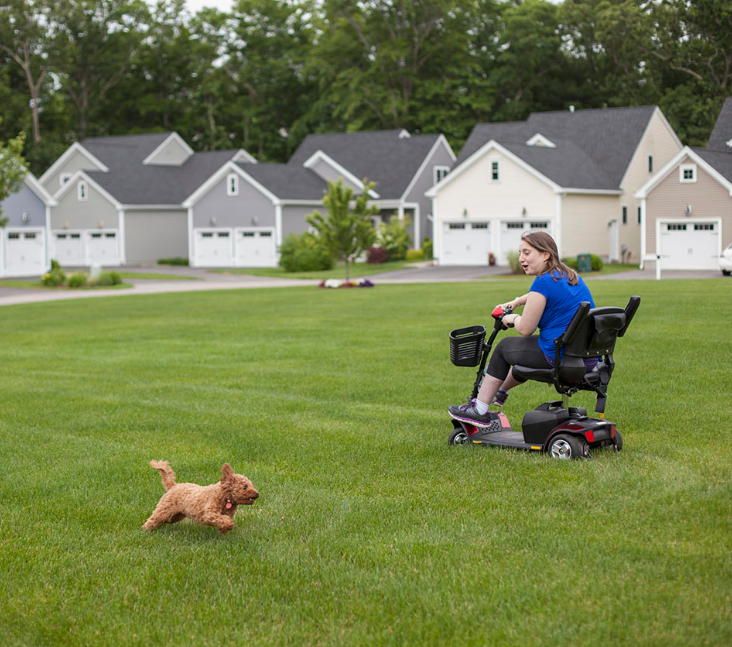The Transformative Power of Out-of-Home Support
In the realm of care provision, out-of-home disability support has emerged as a beacon of hope for individuals with disabilities and their families. This innovative approach to care not only caters to the specific needs of people with disabilities but also fosters their independence and self-esteem. Through this blog post, we will delve into the transformative power of such support systems and highlight their crucial role in enhancing the lives of people with disabilities.
A New Horizon: Out-of-Home Disability Support
Traditionally, disability care was provided within the confines of the home. However, with the advent of out-of-home support services, a new horizon has opened up for individuals with disabilities. These services go beyond the home environment, offering opportunities for social interaction, skill development, and community participation.
Out-of-home support is designed to complement and augment the care provided at home, thereby providing a holistic approach to disability care. It ensures that individuals with disabilities can engage with their communities, participate in recreational activities, and gain essential life skills, all while receiving the necessary care and support.
The Role of Disability Support Organisations
The implementation and success of out-of-home support largely hinge on the prowess of disability support organisations. These entities play a pivotal role in offering tailored services that cater to the unique needs of each individual. They employ trained professionals who are adept at handling the varied challenges that come with disability care.
The Transformative Impact
The impact of out-of-home support is multifaceted and transformative. It promotes independence among individuals with disabilities by enabling them to step out of their homes and interact with the world around them. This exposure not only enhances their social skills but also bolsters their confidence.
Moreover, such support services also provide respite for families and caregivers, allowing them to take a break from their caregiving responsibilities. Knowing that their loved ones are in safe hands and are receiving professional care can alleviate their stress and allow them to focus on other aspects of life.
Overcoming Challenges
While out-of-home support is undoubtedly beneficial, it is not without its challenges. Accessibility issues, lack of awareness, and societal prejudices are some of the hurdles that need to be overcome. However, with concerted efforts from all stakeholders, these challenges can be surmounted, paving the way for a more inclusive society.
Conclusion
The transformative power of out-of-home disability support cannot be overstated. It goes beyond providing care and support, empowering individuals with disabilities to lead independent, fulfilling lives. Through concerted efforts from disability support organisations and society at large, we can create an inclusive environment where everyone has the opportunity to thrive.





